The Puerto Rico Status Act (PRSA), which passed late last year in the United States House of Representatives, is effectively dead with the beginning of the 118th Congress. Still, the bill faced low odds in the Senate before the midterm elections, where Democrats would have needed 10 Republicans to surpass the filibuster. But with the beginning of the new Congress, the Republican House majority is unlikely to revive the bill or address Puerto Rican Statehood in the next two years. Crafted through numerous negotiations, the PRSA would have mandated a binding referendum in November that would allow Puerto Rico to choose between statehood, free association, or independence. Various media and news sources highlighted supporting and opposing opinions of the bill, detailing Puerto Rico’s history, often mentioning colonialism.
Natural Resources Ranking Member Raúl Grijalva (D) of Arizona, who shepherded the bill through the committee as chair in the last Congress, published an opinion editorial in The Hill, arguing that the Puerto Rico Status Act was a real opportunity. Grijalva wrote, “In the more than 120 years since Puerto Rico was ceded to the United States at the end of the Spanish-American War, territory status and political limbo have deprived the island and its residents of the ability to fully govern themselves.” Also noting “paternalistic, unjust federal policies that have stymied Puerto Rico’s social and economic development and denied its residents equity,” Grijalva underscored that “the voice of the people of Puerto Rico can no longer be ignored.”
The Hill covered reactions to the passage of the bill. Representative Nydia Velazquez (D) of New York, one of the key negotiators and writers of the bill, asserted, “we are here today because we must move towards decolonization. The current status is unsustainable and fundamentally unfair and un-American.” The article also mentioned Republican representatives who noted concerns with the process of considering the bill and the rushed vote in the last few weeks before the 117th Congress adjourned. Representative Elise Stefanik (R) of New York said she opposed the bill because “a proposal as complicated and impactful as statehood requires a thorough review and debate,” though she struck a different tone than other Republican colleagues, opposing the independence option of the proposed referendum, and explaining, “the United States should bring the over three million American citizens in Puerto Rico closer, rather than pushing them further away.”
NBC cited differing perspectives on the PRSA, with Democrats pushing for Puerto Rico’s “decolonization” while Republicans worried over the “economic implications” of changing Puerto Rico’s status and the rushed process with little discussion or hearings to pass the bill. The article also mentioned the Insular Cases and highlighted that the decision was written by many justices who legalized racial segregation under the infamous case Plessy v. Ferguson. The PRSA is only one of 145 bills written to change Puerto Rico’s territorial status that have been debated in Congress in the past decades, the last being passed in the House in 2010.
Similar to many of the articles published after the bill’s passage, NBC highlighted that “Puerto Ricans living on the island have been US citizens for over a century. They can be drafted and serve in the US military but are unable to vote for president. They don’t pay federal income taxes since they don’t have voting representation in Congress. But they do pay payroll taxes, helping fund federal programs such as Medicaid, Supplemental Security Income, the Supplemental Nutrition Assistance Program, and the Earned Income Tax Credit. Puerto Rico has limited or no access to these federal programs with the potential to serve as lifelines in a territory where more than 40% of the population lives in poverty.”
In another article, NBC spoke with two Republican senators, offering another perspective. Senator Rick Scott (R) of Florida said Puerto Rico should “get their fiscal house in order” before changing territorial status, though Scott has supported statehood in the past. Citing the controversy and lack of a status quo territory option in the proposed referendum, Senator Roger Wicker (R) of Mississippi noted, “there should be a significant consensus on the island before the status is changed in one direction. I would just want to make sure it’s worded accurately, that it’s not designed to get one result over the other.” In contrast, Representative Darren Soto (D) of Florida remained optimistic, arguing that while the bill will not get a vote in the current Congress, “we’ll continue to fight 1,000 different battles until we can win the war.”
The National Review brought up another issue for Republicans, explaining that Republican representatives “argued it was being rushed without debate, expressed skepticism about statehood […and] said the bill didn’t address taxation, access to federal programs, and participation in federal government.” What was notable was the inclusion of Puerto Rico’s political future, in which the article noted Puerto Rico’s statehood “could be mainly politically advantageous for Democrats if the island earns full congressional representation. Puerto Rico’s admission as a state would likely add more Democrats to both chambers.”
AP News, which referenced the Democratic perspective of “decolonizing” Puerto Rico, spoke with Pablo José Hernández Rivera, an attorney in Puerto Rico, who said approval of the bill by the House would be “inconsequential” like the approval of previous bills in 1998 and 2010. “We Puerto Ricans are tired of the fact that the New Progressive Party has spent 28 years in Washington spending resources on sterile and undemocratic status projects.” Still, Resident Commissioner Jenniffer González-Colón (NPP, R) of Puerto Rico said Puerto Rico deserves self-determination and that while ‘many of us are not in agreement about how that future should be, we all accept that the decision should belong to the people of Puerto Rico.”
FOX News focused on Representative Alexandria Ocasio-Cortez (D) of NY, writing, “House Democrats on Thursday rallied to help end the stain of colonialism in America by passing a bill that gives Puerto Rico the option of possibly becoming the 51st state. For Democrats, the legislation aimed at ending Puerto Rico’s status as a U.S. territory – the Puerto Rico Status Act – was also seen as a formal acknowledgment of America’s colonialism efforts that they seek to unwind.”
Representative Ocasio-Cortez said, “for the first time in our nation’s history, the United States will acknowledge its role as a colonizing force and Puerto Rico’s status as an extended colony,” while Representative Velazquez asserted, “Congress’ unlimited plenary powers over Puerto Rico is reminiscent of the monarchical powers enjoyed by King George III, against which the founders of the American Republic so bravely fought. If Hamilton and Madison were alive today, they would be shocked to see how the anti-colonial Constitution they drafted in 1787 is currently used to legitimize colonialism in Puerto Rico even 300 years later. Colonialism has destroyed the Puerto Rican economy. Colonialism has divided the Puerto Rican people. Colonialism has eaten away our people’s sense of dignity and self-worth.” Unlike many of his colleagues, Representative Lloyd Smucker (R) of Pennsylvania agreed that Puerto Rico should have the freedom to determine their own future and change their political status.
The New York Times wrote, “the bipartisan vote […] was a symbolic statement by the House that Puerto Rico’s status as a colonial territory was both untenable and unwanted by many of its voters.” Former Speaker and current Representative Nancy Pelosi (D) of California stated, “with the Puerto Rico Status Act, the Democratic House has proudly voted to tear down the vestiges of colonialism” when the bill passed. Representative Velazquez also spoke with the Times saying, “It is an embarrassment to the United States —the United States that holds itself up as a leader of the free world, that stands up to the imperialist tyrants abroad while keeping colonies in the Caribbean and the Pacific. Congress has the moral obligation to provide the necessary tools to transition to a new, postcolonial order.” The Times noted that the 2016 Republican Party platform supports Puerto Rican statehood. However, many Republicans fear “that a Puerto Rican state could result in the election of more Democrats—a notion challenged by a recent strain of social conservatism within the island’s politics.” The article pointed out, “Congress is also unlikely to welcome as a state an island that has among the highest poverty levels in the United States and where most people’s primary language is Spanish.” Chairman of the Natural Resources Committee, Representative Bruce Westerman (R) of Arkansas, complained of a “hasty and secretive process” and argued, “just as we would expect the people of Puerto Rico to deliberate its questions, understand its consequences and accept responsibility for the choice, so should Congress.”

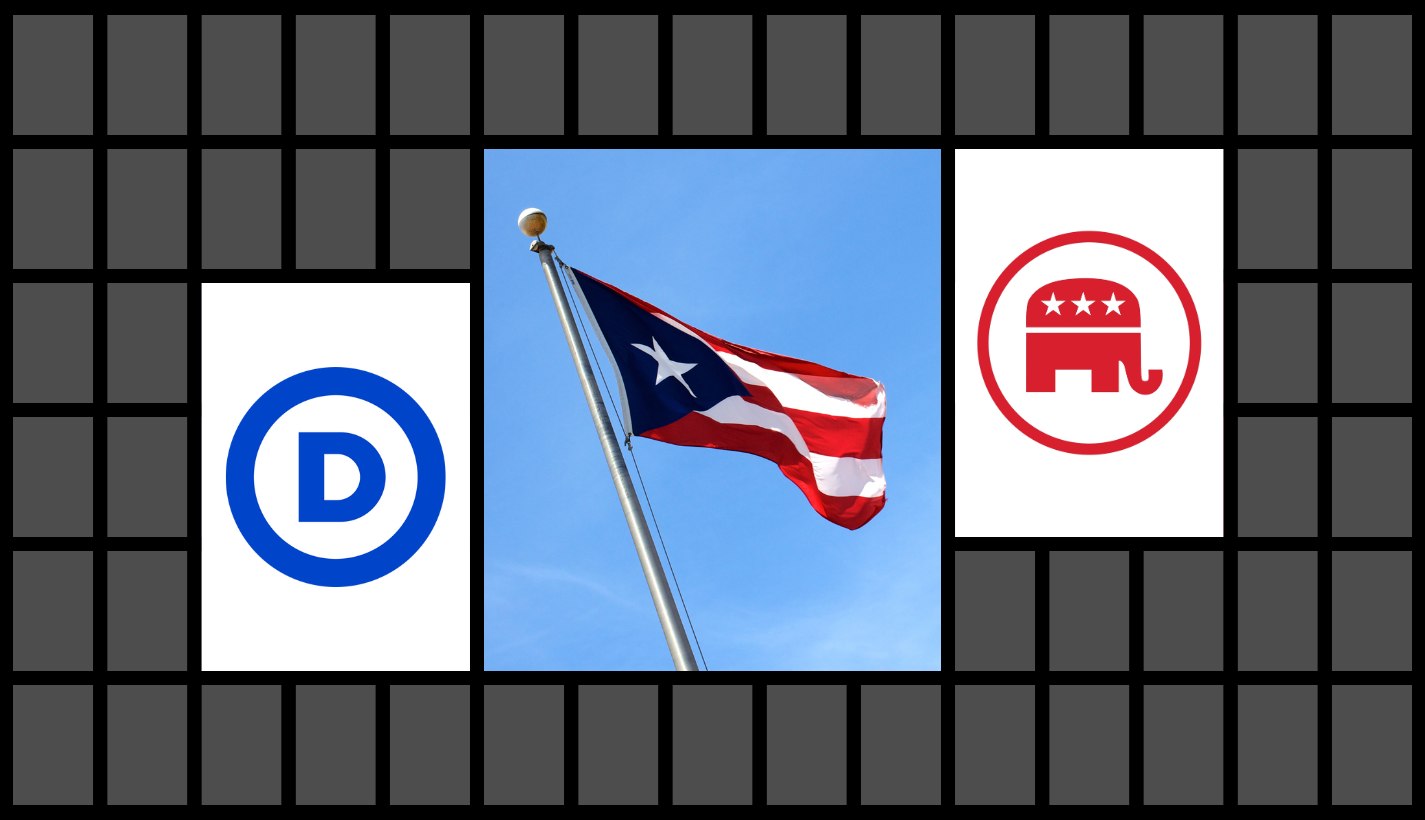
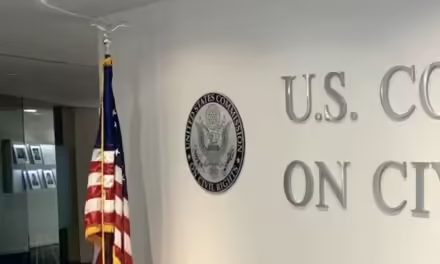
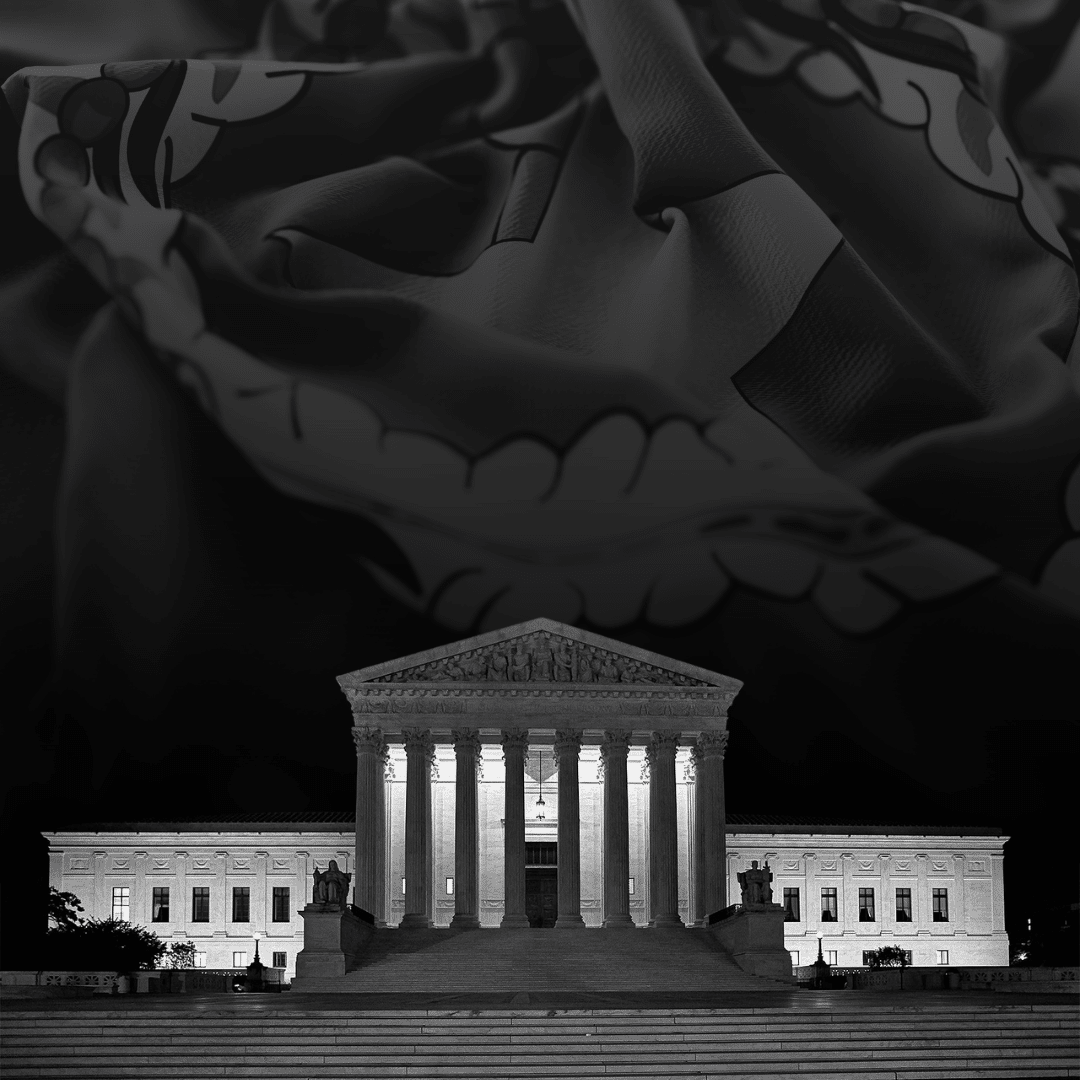
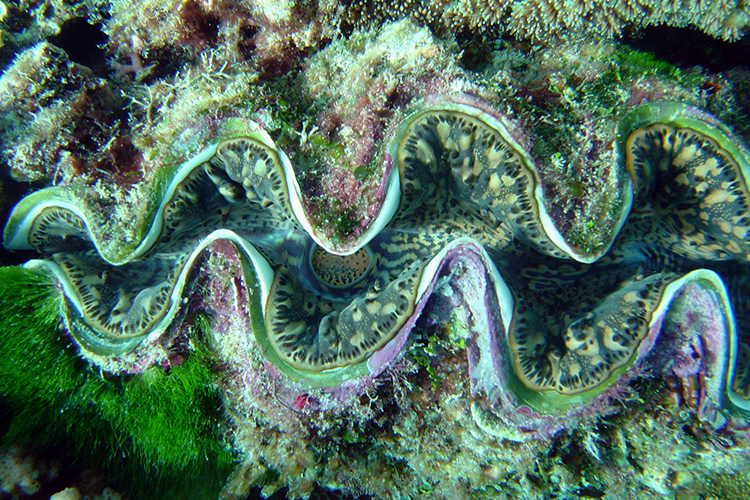
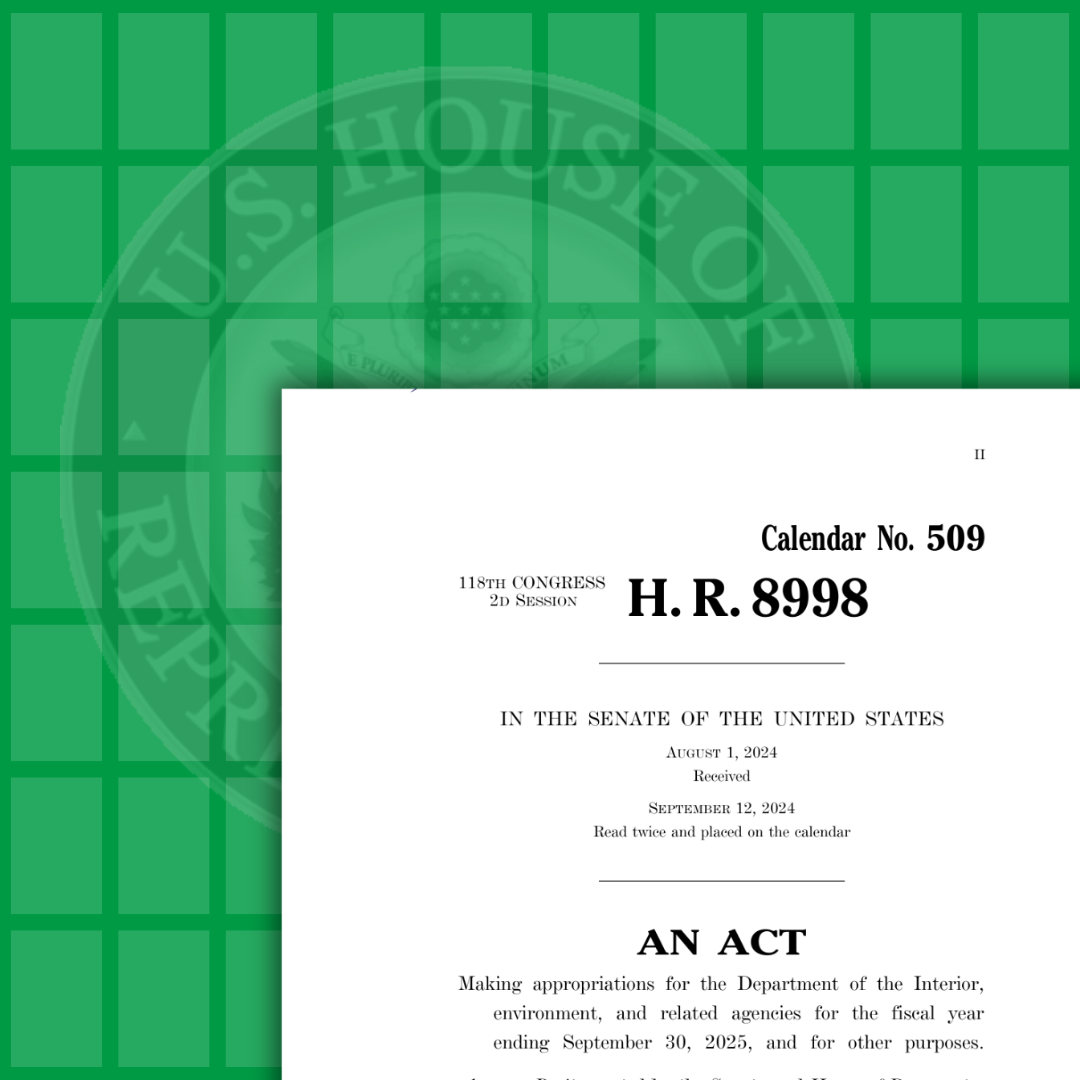
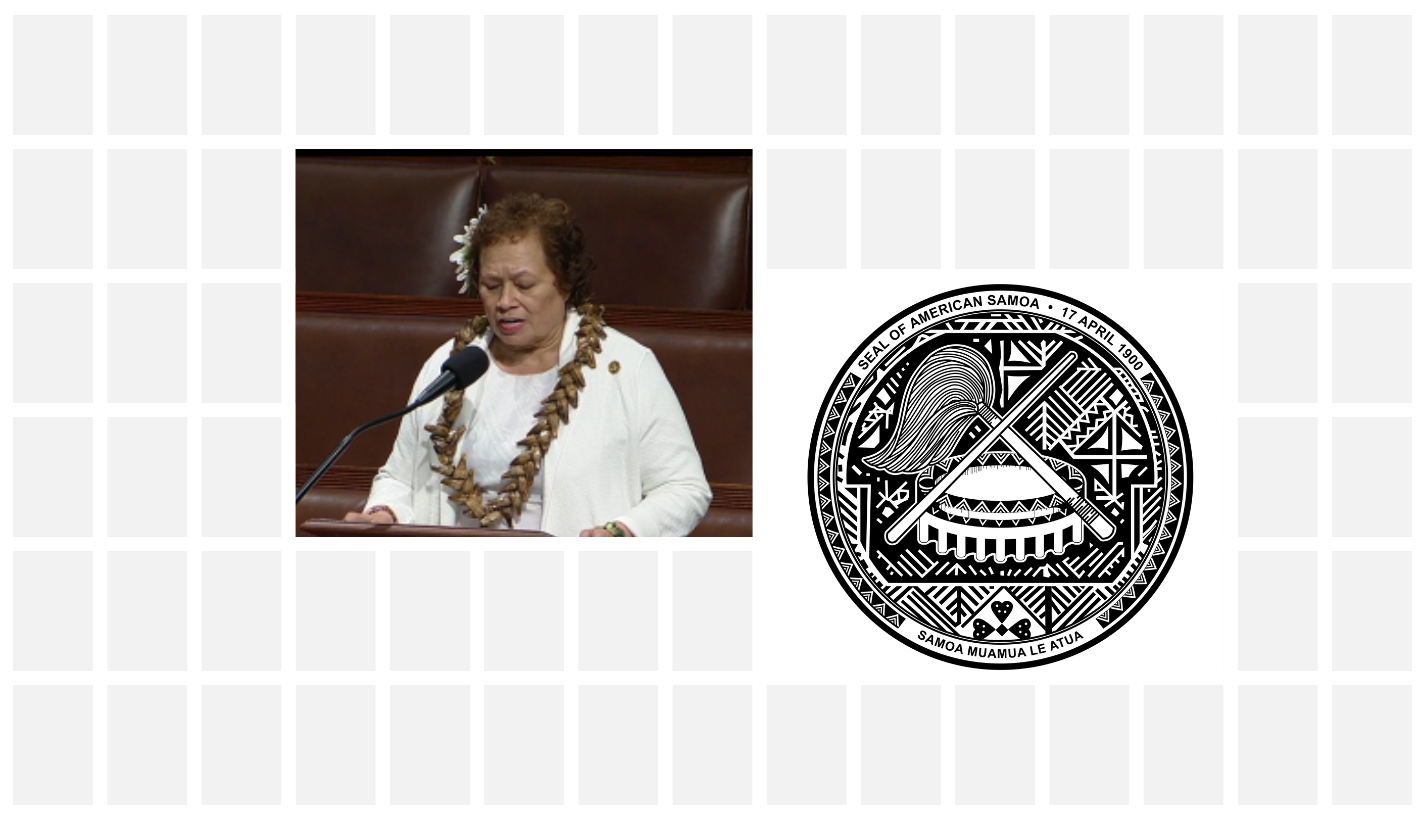
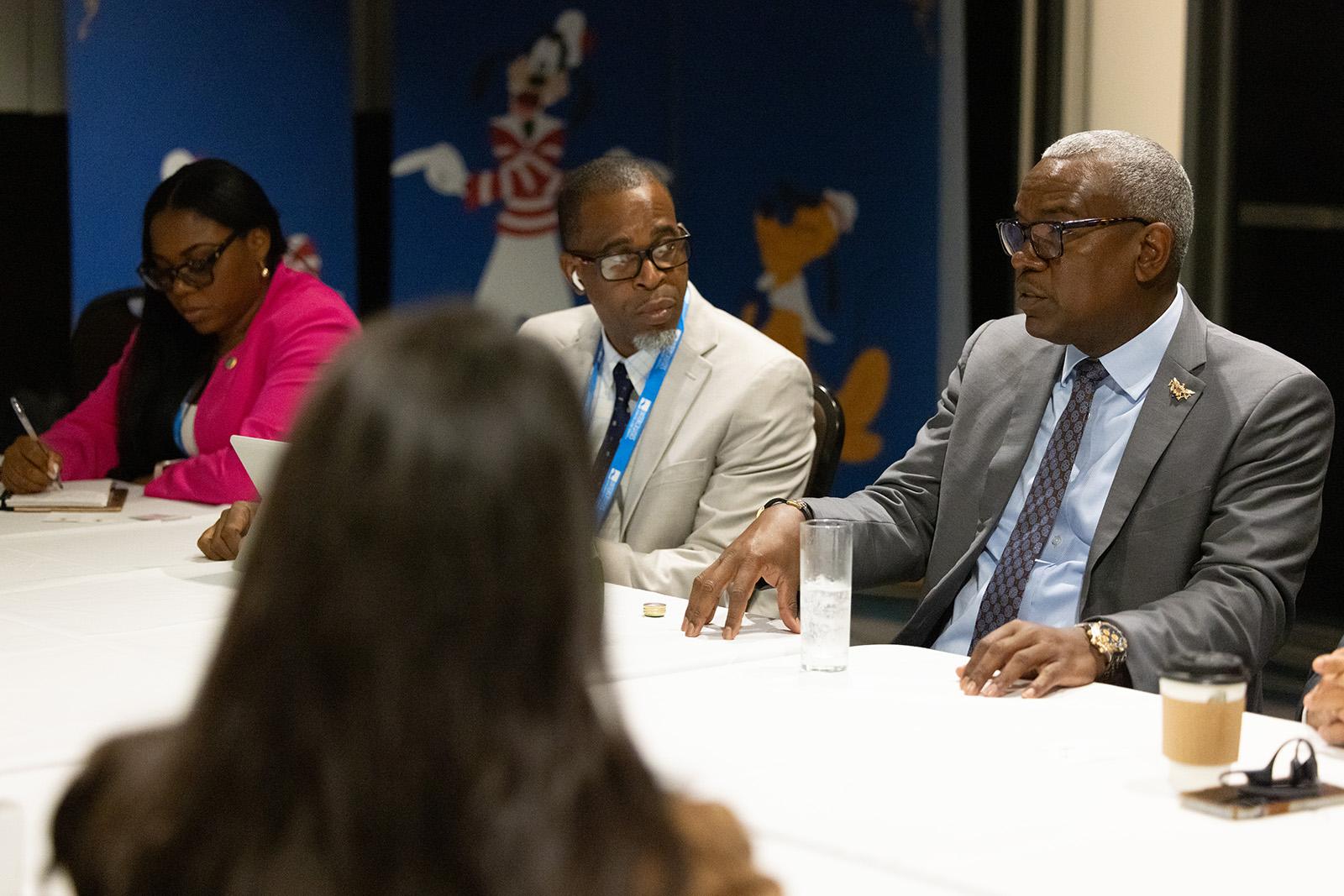




10 False Things People Believe about Puerto Rico’s Path to Statehood
32 territories have become states so far. The more you know about how those states achieved their goal of statehood, the more obvious it is that Puerto Rico can become a state. Here are 10 things many people believe about Puerto Rico’s path to statehood that just aren’t true.
“Puerto Rico can’t become a state until the government is out of debt.” This is false. Arkansas was deeply in debt when it became a state.
“Puerto Rico’s leaders have to agree before statehood is possible.” This is false. As Pedro Pierlusi pointed out, that’s not how democracy works. Consider Florida, which changed its statehood plans repeatedly in the midst of wars, and still became a state. Or think about Texas, which was still part of Mexico when people started working toward statehood, and became an independent Republic (briefly) before becoming a state. Consensus is not a requirement for statehood.
At least one presidential candidate believed that Puerto Rico has to become fluent in English before statehood. This is false. New Mexico and Oklahoma are just two of the many states that didn’t have a majority English-speaking population when they became states.
Many Americans believe that states have to join the Union in pairs, with one Republican state and one Democratic state. This is not true. While it was true at one time that states had to join in pairs — one that allowed slavery and one that did not — that is no longer true.
“Alaska and Hawaii joined together and one was Republican and one was Democratic,” some readers are now thinking, “so that proves that states have to join in pairs.” This is not true. In fact, people expected those two territories to be red and blue — and they turned out the exact opposite. Alaska is now a red state (usually voting Republican) and Hawaii is a blue state (usually voting Democratic), but they were expected to vote the opposite way. Unlike laws about slavery, voting red or blue is not a permanent condition.
“Puerto Rico is too different, culturally, from the United States to become a state.” First, this is false. Utah had to give up polygamy to become a state. Louisiana had a completely different system of laws from the United States, based on its French heritage. In fact, every territory was significantly different from the territories which had already become states before it. States are still different from one another. This is part of the beauty of the United States. Also, it’s worth noting that more people of Puerto Rican heritage live in states now than in Puerto Rico. The majority of Puerto Ricans already live-in states.
“Puerto Rico would have to become an incorporated territory before becoming a state.” This is also false. California became a state without even becoming an organized territory first. Vermont was part of another state and flirting with independence when it became a state.
“The opposition parties boycotted the 2017 referendum, so Puerto Rico can’t become a state.” This is not the case. Alabama is one of several territories that became a state without having a referendum at all.
“Puerto Rico has had a number of votes on status, and several turned out anti-statehood.” This doesn’t matter. Wisconsin voted against statehood many times before voting for statehood, as did Oregon. Oh, and also — no referendum is even required for statehood, as Alabama’s history shows.
“Puerto Rico can’t become a state until the president says so.” This is false. Colorado’s admission to the Union was vetoed by the president at the time, but Colorado still became a state. The president doesn’t make this decision.
The truth is, Puerto Rico satisfies all the requirements for statehood. Congress can make Puerto Rico a state at any time with a simple majority.